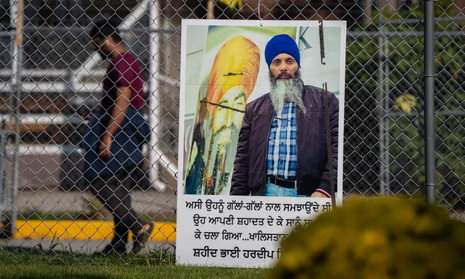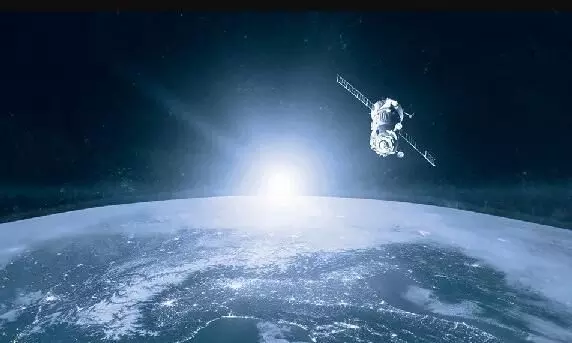
US rediscovers satellite lost for some 25 years
text_fieldsRepresentational.
Science: The United States Space Force has rediscovered a small experimental satellite that went missing for 25 years. The satellite, christened as S73-7 Infra-Red Calibration Balloon (IRCB), was launched in 1974 but failed to inflate to its intended size and went useless, NDTV reports.
The satellite was launched during the US-Soviet Cold War era, along with a massive spy satellite. After it failed its trajectory and malfunctioned, astronomers lost track. Though they located it again in the 1990s, they lost its sight again.
Now, the 18th Space Defence Squadron of the US Space Force located IRCB again after around 25 years.
"The S73-7 satellite has been rediscovered after being untracked for 25 years. New TLEs for object 7244 started appearing on April 25. Congratulations to whichever @18thSDS analyst made the identification," Jonathan McDowell, an astrophysicist from the Harvard-Smithsonian Centre for Astrophysics, wrote on X
Following questions about how the satellite could disappear from radars for this long, Jonathan McDowell told Gizmodo that the thing "they" may be tracking is a dispenser or a piece of the balloon that malfunctioned. Since it is not metal, it might not show up well on radar, he said.
NDTV writes that though the rediscovery has immense scientific value, it also underscores the challenge for the scientific world in tracking countless objects orbiting Earth. This also points out the issue of expanding "space junk".






















